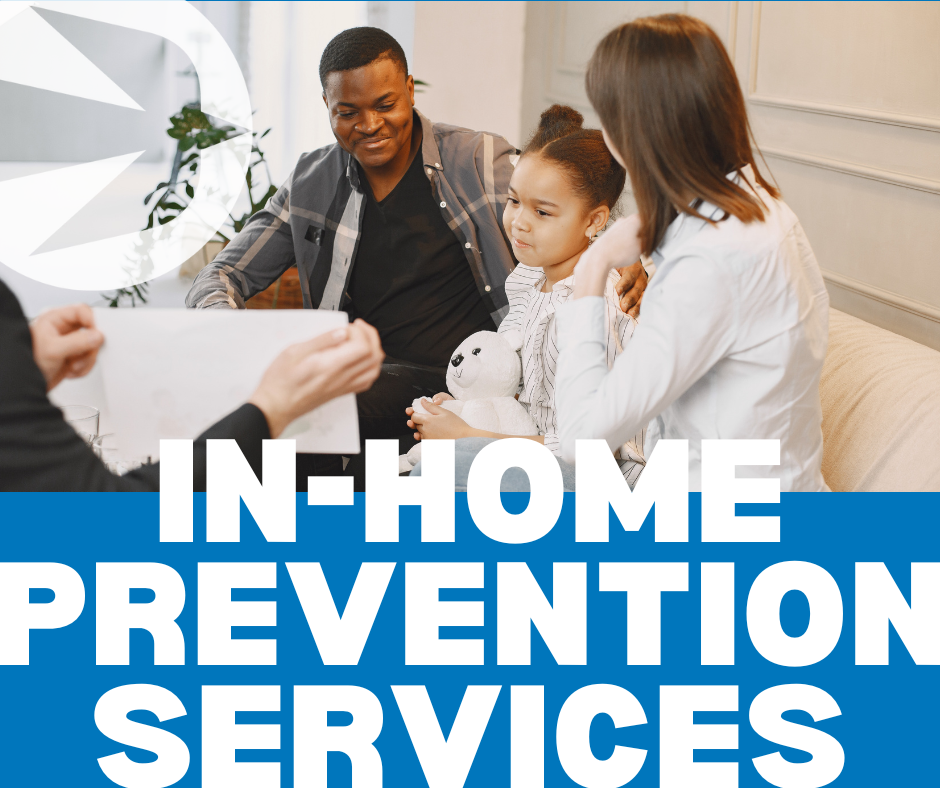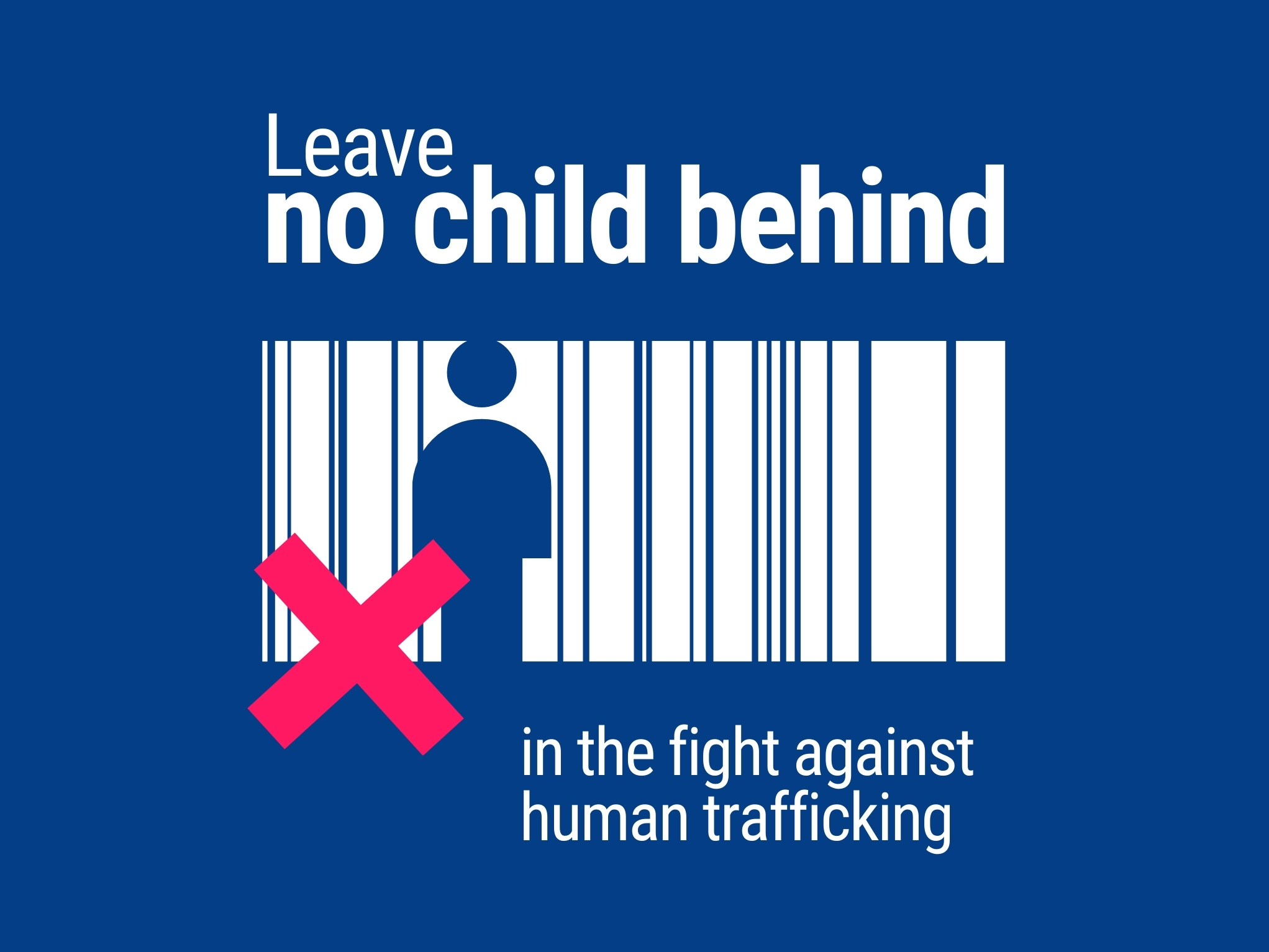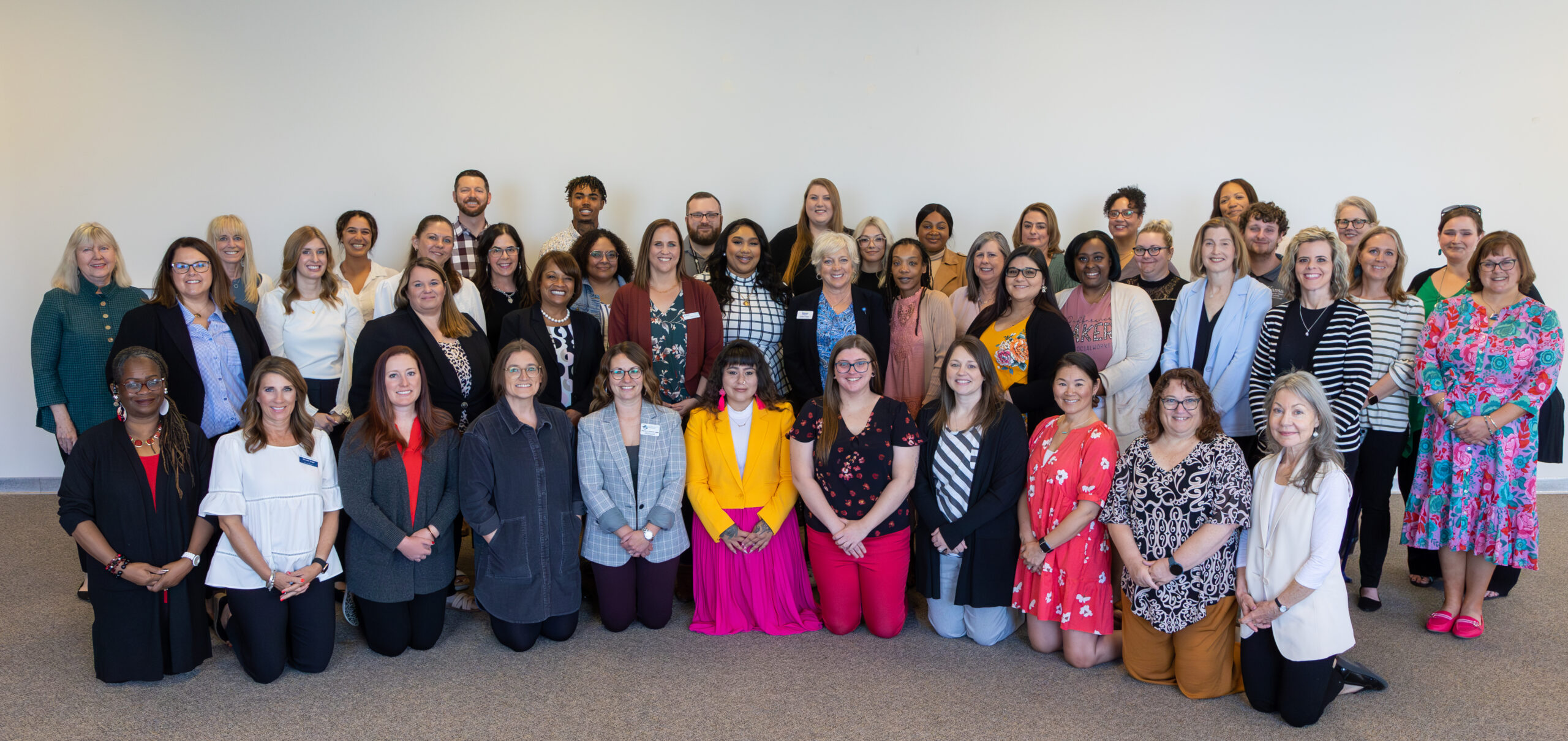The first goal of foster care, after ensuring the children are safe and cared for, is to reunite them with their family. We call it reintegration, and it is one of the joys of our work – seeing a family work toward becoming healthy, begin the process of healing from trauma, change long-term patterns, maybe start the journey to sobriety, learn to communicate. . . the list of changes we see occur is long.
To support those changes – because it’s much easier for all of us to make significant life changes with help – we offer intensive in-home programs. The goal of those programs is to help families become aware of unhealthy behaviors, make changes, and either get their kids home or keep them from being removed in the first place.
We use several evidence-based programs at Saint Francis Ministries to provide appropriate, evidence-based treatment that is tailored to each family’s needs.
Two of our primary programs are:
Seeking Safety: This treatment is designed for families dealing with substance use disorder and who are at risk of having their children removed from the home. The program offers evidence-based, in-home or in-office services to help parents, pregnant women, and new parents with infants recover from substance use and trauma so they can strengthen their families and reorient their lives.
Key principles:
- Safety – Helps families find safety in their relationships, behaviors, and emotions.
- Integration – Combines substance use and trauma treatment.
- Content – Examines cognitive, behavioral, and interpersonal concerns.
- Processes – Provides structured treatment that addresses countertransference, self-care, and other areas of need related to substance use and trauma.
- Flexibility – Designed to treat teens, women, men, and mixed groups – in a variety of settings.
Susan Montague, director of behavioral health, has seen firsthand the many changes that can come by addressing substance use in families. And unfortunately, substance use is often an element in cases where children are removed from their homes. She and her co-workers, though, focus on building hope.
“I’m pretty optimistic. Even when things are not good for people, I think it’s important that therapists find what could give somebody hope. Because when you’re feeling down and you’re feeling like ‘Oh my God, it’s never going to get better,’ somebody has to be there to help people see that there is hope for movement and change.”
And people do change, Susan says. She occasionally hears from former clients.
“One client heard that my husband passed away, and he called me up. He said, ‘You know, you made such a difference in my life.’ I hadn’t heard from him for years. That just keeps you going and reinforces that people do find their way to sobriety and they build or rebuild their lives.”
Family Centered Treatment®: With the goal of “keeping families together, one family at a time,” FCT is a four- to six-month prevention program that offers intensive in-home services using psychotherapy designed to reduce maltreatment, improve caretaking and coping skills, enhance family resiliency, develop healthy and nurturing relationships, and increase children’s physical, mental, emotional, and educational well-being through family value changes.
“Family Center Treatment is not only an evidence-based practice, but a therapy model that targets the whole family,” says Nicole McCauley, vice president of prevention services. “Traditional therapy models focus on an individual patient. You’re not just taking your child to therapy for a diagnosis of ADHD or defiance. You’re really looking at the family and the systemic issues within the family because we know that when we heal all family members, we will also heal that child.”
McCauley says success in seeing families change motivates her daily.
“One of our families from the great-grandmother down had been involved with the system. They were a true success. It took us a long time, but once we were successful, it was amazing,” she says. “The court had to change the way they perceived the family. Once you have a family that’s in and out of the system so many times, everybody involved in this family’s case has a really negative connotation associated with this family’s last name. You have to not only change the family, but you have to change the way that the stakeholders view the family.”
Working to change what are often generations of patterns through intensive in-home services may be challenging, but it also moves people toward long-term change. That’s why these services are at the heart of Saint Francis Ministries.
In fact, FCT has been expanding in the states where we serve. In Nebraska, it is currently being launched in the Lincoln area. It’s a new service that we’re offering in Texas, and we expect to see this kind of movement continue.
“Changing families,” Nicole says, “changes the future for children and their children’s children. It is the most inspiring, awe-inspiring work that I’ve ever done.”







